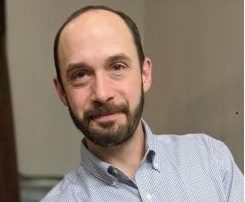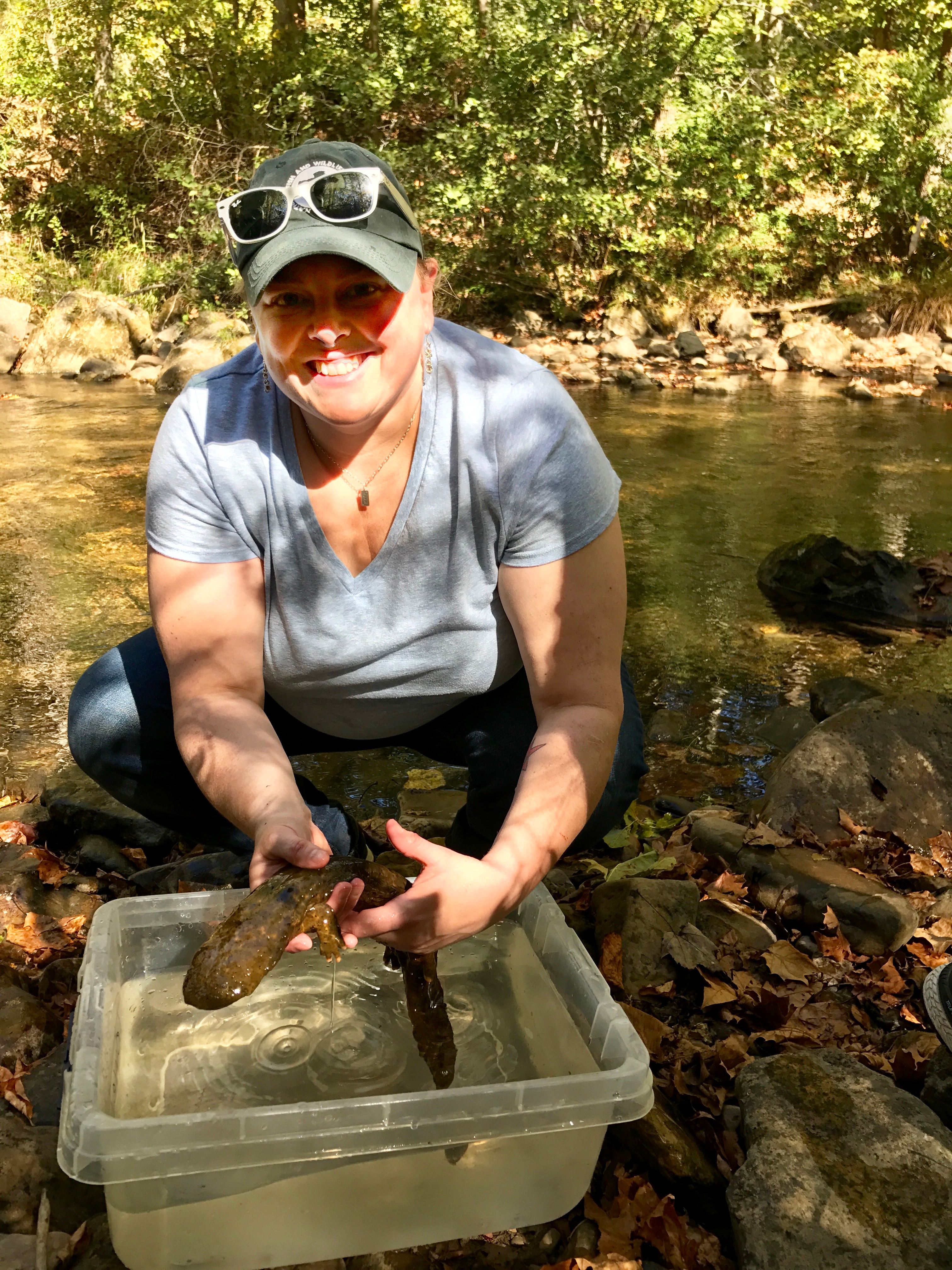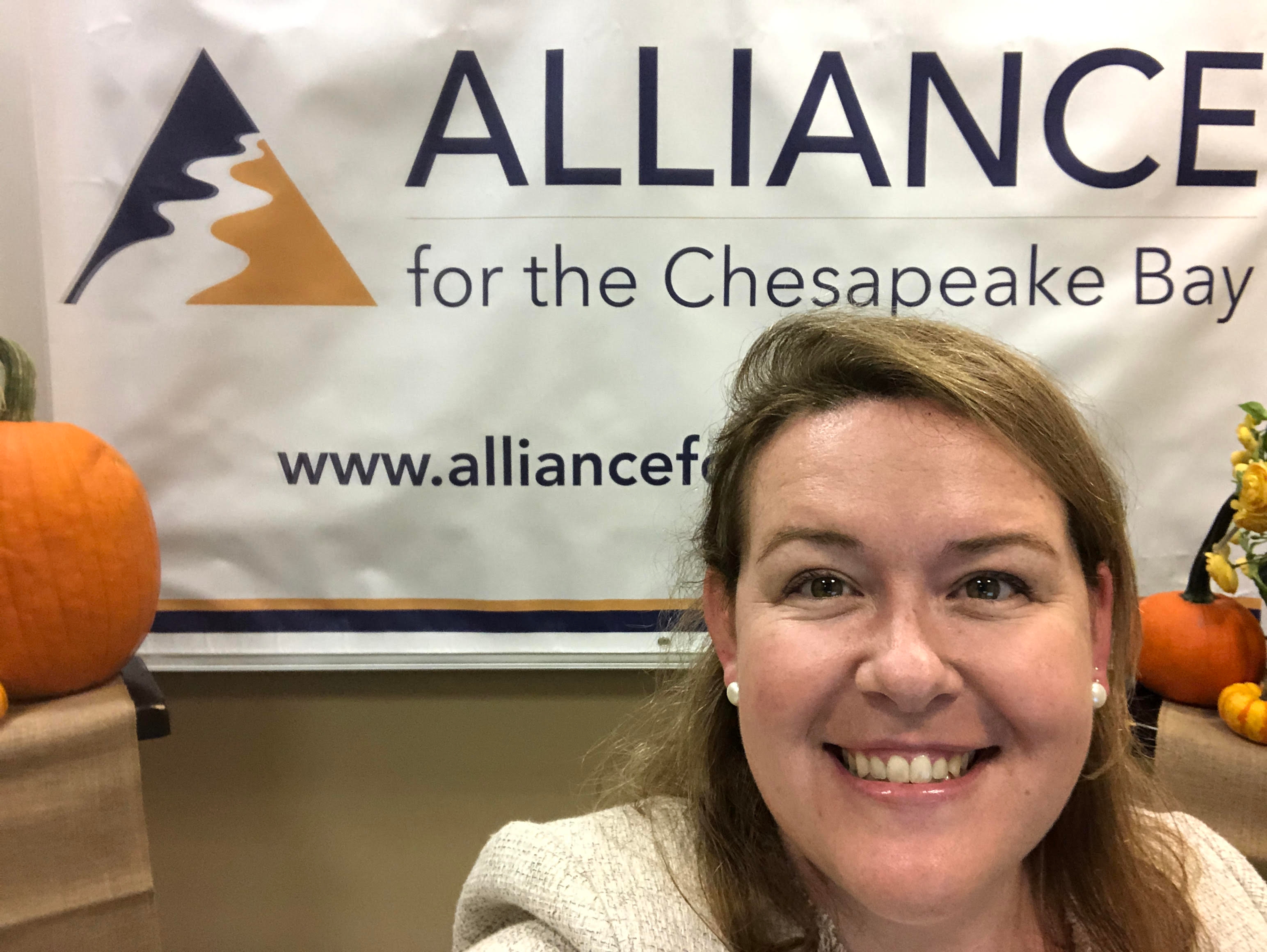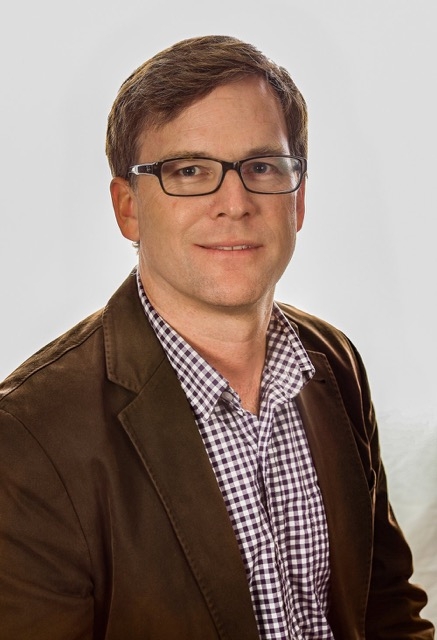XMNR turns 10! Meet the brave alumni who helped launch the program.
February 2, 2021

By David Robertson*
This is a year for celebration! Among many other reasons, 2021 is the 10-year anniversary of the XMNR program and the start of our second decade providing professional graduate education in leadership for sustainability.
In 2011, twenty bold and brave students joined the XMNR Inaugural Cohort. These pioneers blazed the trail for an innovative and transformative learning journey that many others have subsequently experienced. As of this year, we will have more than 300 alumni of the XMNR program, a small army of sustainability professionals with the skills to have influence and impact in the workplace, in their communities, and around the world.
When we first started the XMNR program, our goal was to help mid-career and senior professionals gain credentials and develop competencies (knowledge, skills, and abilities) to achieve their career change and advancement goals and move the needle on environmental sustainability, especially through cross-sector collaboration and innovation. During the past decade, the program has stayed true to this initial focus while also expanding our mission to serve early career students. Over time, we have learned that effective communication and intercultural teamwork (including interdisciplinary and intergenerational perspectives) are key ingredients for career success and leading systemic change. We also learned that confidence and connections are equally important as credentials and competencies. As a result, we now offer career coaching services as an option for all of our students.
While much has changed during the past decade, our mission and values remain the same: educating, inspiring, and empowering professionals to change the world and create a better future.
We recently caught up with several of our alumni from the inaugural XMNR cohort to ask them about how the program helped shape their careers and what advice they would give to sustainability students today.

Tim Calabrese serves as the Senior Foundations Officer at the Environmental Defense Fund, an international nonprofit addressing complex sustainability issues through advocacy and building partnerships, where he specializes in grant writing.
“My undergrad wasn’t in environmental work,” Tim explained. “I found my way to conservation as a passion, and I felt that I needed additional education in sustainability to understand the frameworks for how to talk about these global problems. The XMNR program gave me the skills to approach issues and the methodologies for efficiently addressing them. It also felt empowering to work alongside classmates from different industries. In my group, there was an architect, a municipal planner, and a few others in important stakeholder positions.”
Tim’s advice to sustainability students today is to be open to learning about new industries and to be creative. “I am excited for anyone entering the field now, as it's such a good time to address sustainability goals,” he pointed out. “Governments around the world are finally recognizing the potential for sustainability and how it can even be economically positive. There are so many avenues you can take to further understand and act on sustainability.”

Mandy Chesnutt is the Director of Program Operations at the National Fish and Wildlife Foundation (NFWF), where she works on policies and procedures for how the organization functions and how it procures funds. The NFWF builds partnerships with corporations, federal agencies, and nonprofits to conserve fish, wildlife, and plant habitats across the country.
The XMNR program has provided Mandy the credentials and competencies needed to work her way up through the NFWF. From serving as a grant writer to becoming a senior conservation planner, Mandy advanced to the post of the organization’s Director in 2018.
“Becoming well-versed in corporate sustainability and risk management helped me work my way up the NFWF,” she shared. “Some of the course discussions and projects have also helped me in this Director position, where I have to look at whole systems and figure out the best way to get conservation on the ground. I don’t think I would have been promoted without having been in the XMNR program.”
Mandy thinks back to a course project on the impacts of oil spilled in the Gulf of Mexico and how it prepared her for practical work. Her understanding of disaster resilience translated well into some of her NFWF work that focused on the impacts of hurricanes. She also honed her soft skills and broadened her network.
“Other than preparing me for my current role, one of my favorite memories throughout the program was my cohort,” Mandy explained. “My team was awesome! I was skeptical at first about how we would all mesh, but the diversity made it so that our teamwork was elevated. We gave it our best, and the insight we produced was so rich. We are all still friends, and I credit the program for helping me build lifelong relationships.”
Similarly to Tim, Mandy encourages current and future sustainability students to be open to different industries and positions where one can thrive: “You never know where you’re going to end up,” she said. “I had always been focused on wildlife conservation, but the [XMNR] program brought me a whole new range of skills, and I got to experience a shift from a more programmatic role to one of running an entire organization. Being able to work at that level is impactful, and I couldn’t have taken it on without the organizational mindset and management skills I gained from being an XMNR student.”

Adil T. Chowdhury is a Climate Advisor for the Natural Resources Defense Council (NRDC), an environmental organization working to safeguard communities and the natural systems of the Earth.
Prior to entering the XMNR program and advancing to his current position at the NRDC, Adil was an environmental consultant performing hands-on management work in oil and gas contamination and remediation. As his professional horizons broadened during the program, Adil began to recognize that many more challenges exist beyond contamination—ones that affect the economy and the environment on a global scale. This realization led him to tackling the biggest sustainability issue that affects everyone in the world—climate change.
“The XMNR program was instrumental in helping me learn about Public–Private Partnerships and the role those relationships play in addressing climate change,” Adil explained. “The international field experience to China opened my eyes to the need for these types of partnerships, and getting to see the natural resources issues faced in that region was incredible. The schoolwork was immediately applicable to the real world.”
Adil emphasized the importance of the networking, the connections forged in the XMNR program: “Keeping in touch with those who go throughout the program with you is very rewarding. It creates a network of alumni that can be used as professional leverage to share ideas and find new opportunities in new sustainability spaces.”

Alumna Kate Fritz is the CEO of the Alliance for the Chesapeake Bay, a nonprofit organization which gives voice to citizens from the agricultural, academic, conservational, and governmental sectors that are impacted by the state of the Chesapeake Watershed.
While working in the Planning Center of Prince George’s County, Maryland, prior to the Alliance for the Chesapeake Bay, Kate began looking for a way to sharpen her executive skills. When she came across the XMNR program ten years ago, she was intrigued by the combination of natural resources management and leadership training.
“The biggest benefit of the program for me was that it exposed me to a whole new range of subjects, like renewable energy, Asian water management, and corporate sustainability,” Kate told us. “Since graduation, I have met so many more alumni from the program. A lot of people in my network at the Alliance for the Chesapeake Bay are or were part of the program.”
Not long after graduation, Kate served as the Executive Director of the South River Federation, and then she moved into the same role at the Alliance for the Chesapeake Bay. Right out of the gate, her executive experiences from the program allowed Kate to leverage new leadership skills on her resume.
Being part of the inaugural cohort, Kate was in a position to push the program in a direction that focused on leadership. She was even able to lead four groups within the program, allowing her to apply her new skills immediately. These groups focused on coursework in sustainability issues and stakeholder management for Vietnam’s Mekong River Delta. Leading the groups’ efforts provided Kate with real world experience in team coordination and stakeholder analysis. “To this day, leading those groups was my favorite part of the program,” Kate said.
Her advice to current sustainability students is to not shy away from taking on leadership roles like this. “The sustainability industry is changing so rapidly, and there will always be a demand for leading initiatives which address the challenges ahead of us. Getting that experience only makes us better leaders,” she emphasized.
Working with Tim, Mandy, Adil, Kate, and their pioneering classmates in the XMNR inaugural cohort, as well as the hundreds of other students that have followed in their footsteps during the past ten years, has been a great honor and a highlight of my own career at Virginia Tech. Helping our students to advance their careers and have greater influence and impact in the workplace and their communities is incredibly rewarding, especially at this time when the world needs effective leadership for systemic change. In the decades ahead, we are faced with grand challenges and opportunities regarding sustainable development, environmental justice, and climate resilience. It gives me great hope to know that our alumni are in the field and applying lessons they learned during the XMNR program to lead change and create the future.

David P. Robertson is the Founding Director of the Executive Master of Natural Resources (XMNR) program and Senior Fellow and Associate Director at the Center for Leadership in Global Sustainability at Virginia Tech. Dr. Robertson has two decades of experience as a professional educator and sustainability leader, focusing on environmental design, green infrastructure, urban innovation, and climate change. David received an undergraduate degree in Art & Architecture from Montana State University prior to completing a Master of Landscape Architecture and a Ph.D. from Virginia Tech. David’s international experience includes educational program development and teaching in numerous countries in the Americas, Africa, Asia, and Europe, including Brazil, China, Cuba, Egypt, England, France, India, Morocco, South Africa, Tanzania, and Turkey. Dr. Robertson’s publications appear in the popular, academic, and professional press, including journals such as Environmental Science & Policy, Environmental Management, Conservation Biology, and Society & Natural Resources. He recently co-authored a book titled Leadership for Sustainability: Strategies for Tackling Wicked Problems.
*Alec Masella contributed to this article.


